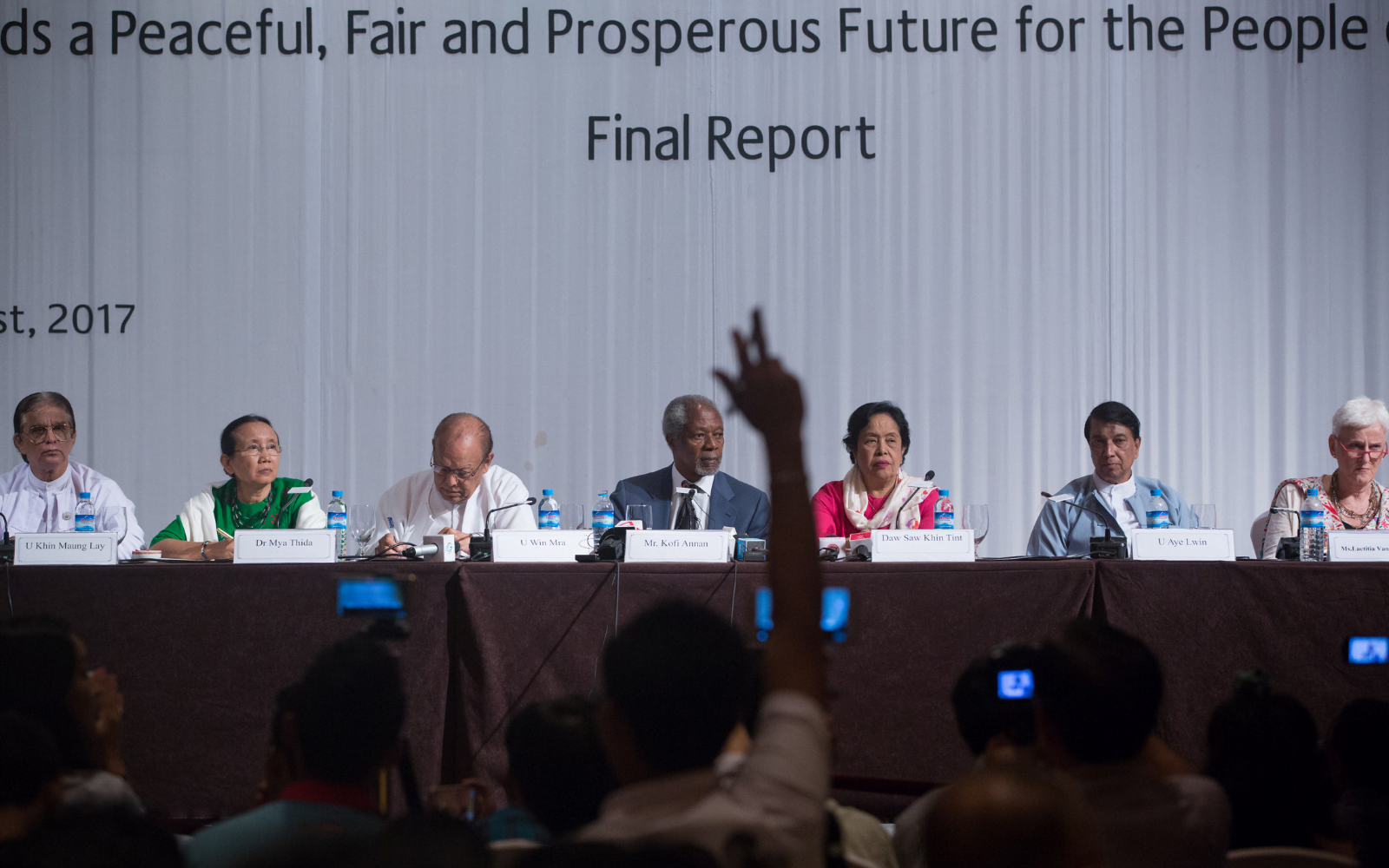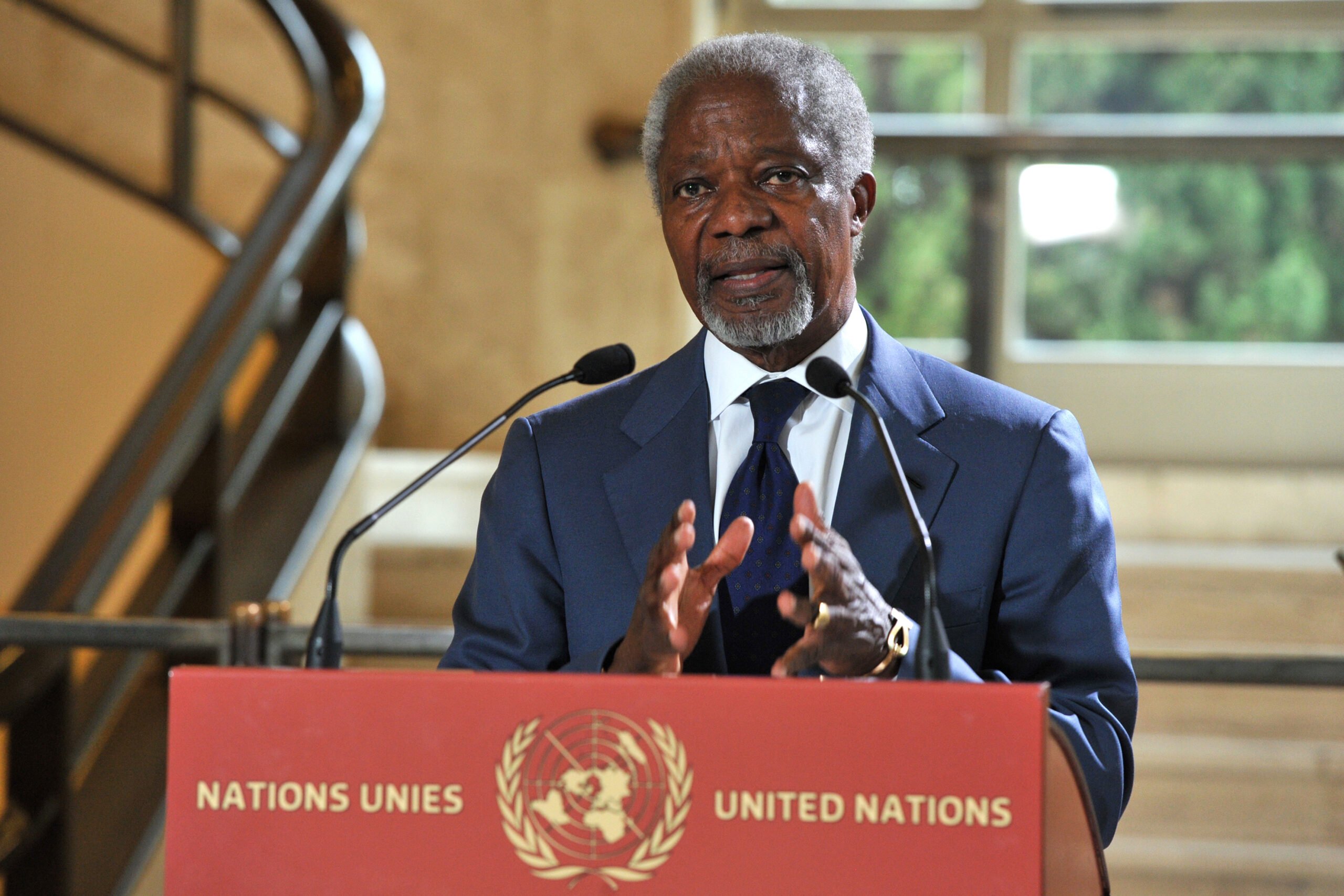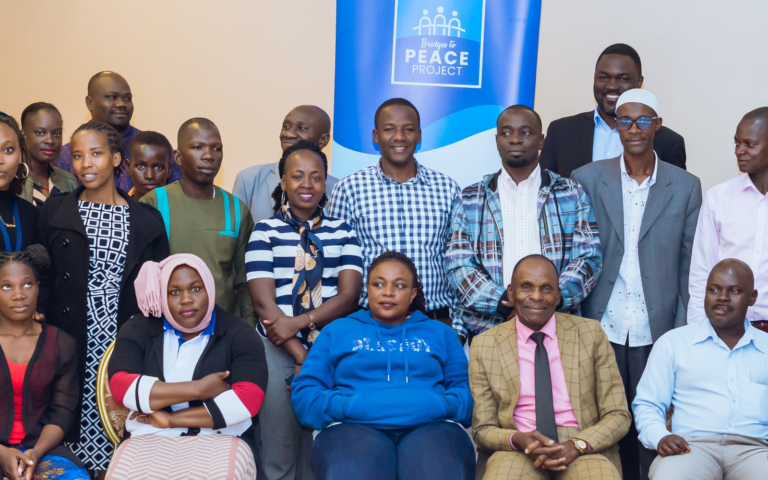The Kofi Annan-led Rakhine Commission proposed solutions to Rakhine State’s development, human rights, and security challenges. Their final report offers a path to peace and prosperity, focusing on citizenship, rights, and displacement issues impacting Muslim communities most disproportionally.
The Challenge
Rakhine suffers underdevelopment, inter-communal strife, and marginalization. Poverty, limited opportunities, and displacement plague all communities. Muslims face statelessness, restricted movement, and violence. Both sides harbor deep fears. A multi-pronged approach is needed to address development, human rights, and security issues to prevent further radicalization and build a peaceful, prosperous future.
“We propose a ministerial-level appointment to be made with the sole function of coordinating policy on Rakhine State and ensuring the effective implementation of the Rakhine Advisory Commission’s recommendations. The appointee should be supported by a permanent and well-staffed secretariat, which will be an integral part of the Central Committee on Implementation of Peace and Development in Rakhine State and support its work.”
Kofi Annan
About the Commission
Founded in 2016, the Advisory Commission on Rakhine State, chaired by Kofi Annan, aimed to enhance welfare in Rakhine State. The Commission delivered its final recommendations in 2017, advocating for urgent actions to foster peace, reconciliation, and equality, especially affecting the Muslim population. The Commission concluded its work with the report, urging the creation of a national mechanism for effective implementation.
The report is the outcome of over 150 consultations and meetings held by the Advisory Commission since its launch in September 2016. Commission members have travelled extensively throughout Rakhine State and held meetings in Yangon and Naypyitaw, Indonesia, Thailand, Bangladesh, and Geneva.
Recommendations
Advisory Commission on Rakhine State
Improving Freedom of Movement
The Commission emphasizes the need to immediately increase freedom of movement across Rakhine State as a pivotal step towards reconciliation and economic integration.
A significant focus is placed on promoting inclusive policies by involving local communities, especially ethnic minorities, in the planning and execution of development projects.
Community Inclusion in Policymaking
Economic Development through Infrastructure & Education
The Commission calls for urgent investments in physical and social infrastructure to revive the local economy and reduce dependency on humanitarian aid.
Addressing the healthcare disparities, the Commission proposes a robust strategy to improve health services across all communities.
Comprehensive Health Strategy
The Commission highlights critical humanitarian issues and severe economic underdevelopment in Rakhine,
citing restricted access to services and movement as major barriers to health, education, and economic integration.

Do you want to help build a fairer, more peaceful world?
Support us with your philanthropic gifts and grants
Commission Members
Advisory Commission on Rakhine State
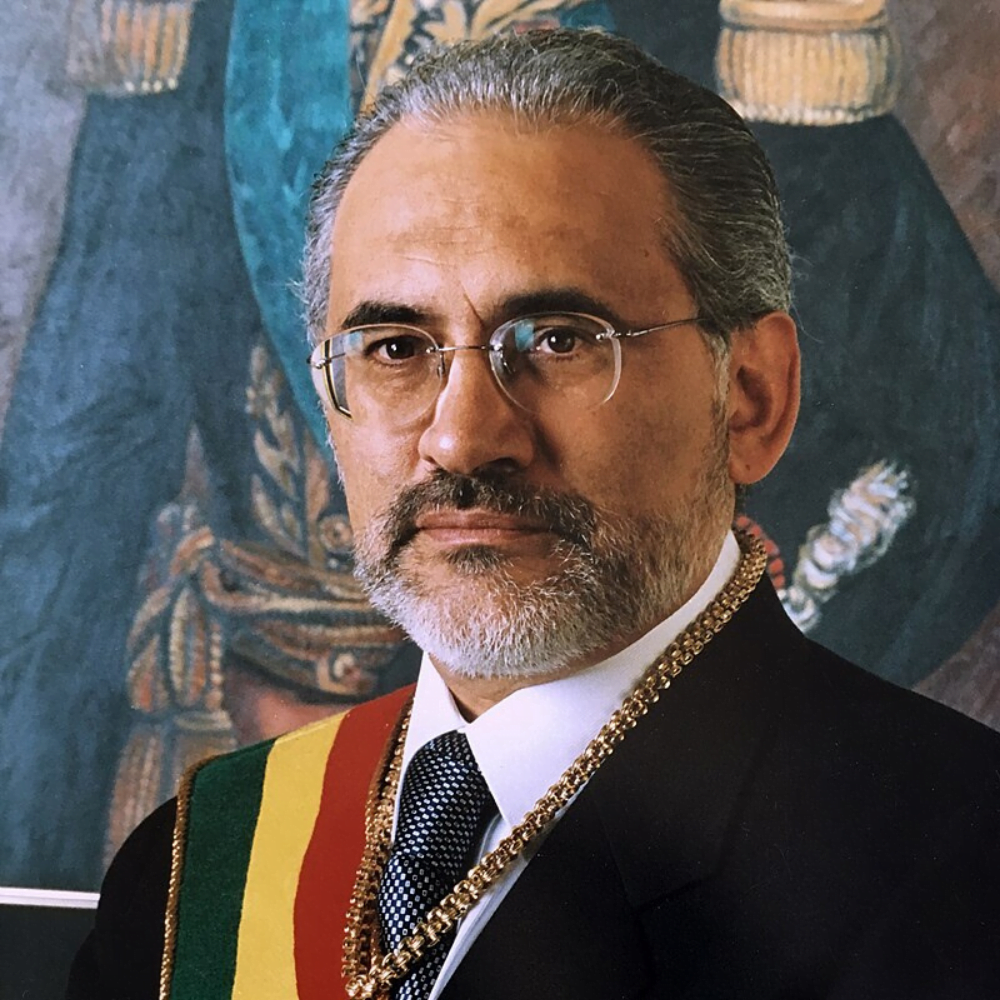
Carlos Mesa
President of Bolivia from 2003 to 2005 – Bolivia
Carlos Mesa was the President of Bolivia, serving from 2003- 2005. Mr Mesa was the founder and director of Cinemateca Boliviana in 1976 and since 1979 has been a press, radio and television journalist. He served as deputy director of the newspaper Ultima Hora and director of three TV channels: America TV, Telesistema Boliviano and ATB.
He is President of the Fundación Comunidad, which works to strengthen democratic institutions and human rights.
He is also the author of sixteen books on topics ranging from Bolivian history to Latin American cinema. He is a member of the Bolivian Academy of History and the Bolivian Society of History.
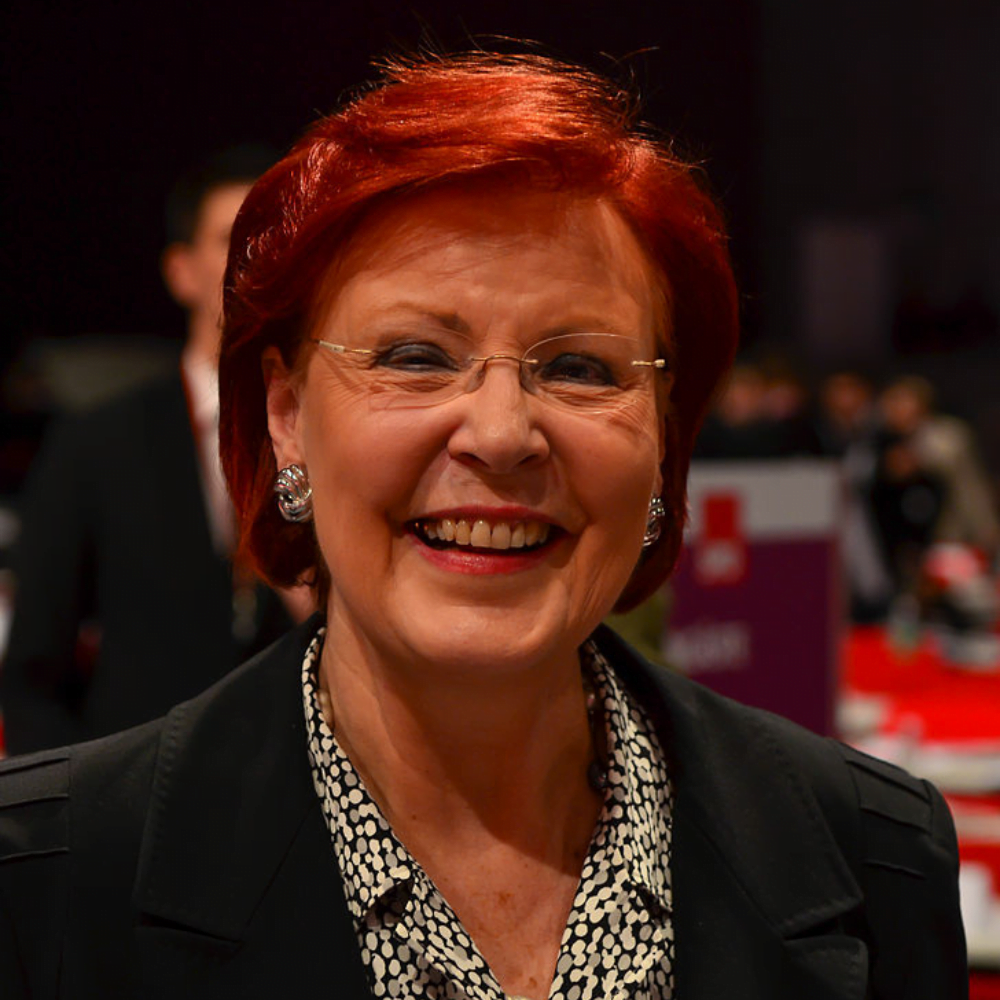
Heidemarie Wieczorek-Zeul
Federal Minister for Economic Cooperation and Development from 1998 to 2009 – Germany
Heidemarie Wieczorek-Zeul served as Germany’s Federal Minister for Economic Cooperation and Development from 1998 to 2009. She was a member of the national parliament, the German Bundestag, from 1987 until 2013. From 2009 to 2013, she served on the Committee on Foreign Affairs and as the Social Democratic Party of Germany (SDP) Spokesperson for the Subcommittee on the United Nations, International Organizations and Globalization and the Spokesperson for Africa.
Prior to her post as Federal Minister for Economic Cooperation and Development, Ms. Wieczorek-Zeul was a member of the European Parliament from 1979 to 1987, where she was on the Committee on External Relations, focusing on foreign trade and European development policy.
She also worked extensively with the SDP, rising to be Deputy Federal Chairwoman from 1993 to 2005. Ms. Wieczorek-Zeul began her career as a teacher at the Friedrich Ebert School and subsequently served as Chairwoman of the European Coordination Bureau of International Youth Organizations from 1977 to 1979. She holds degrees in English and History from Frankfurt University.
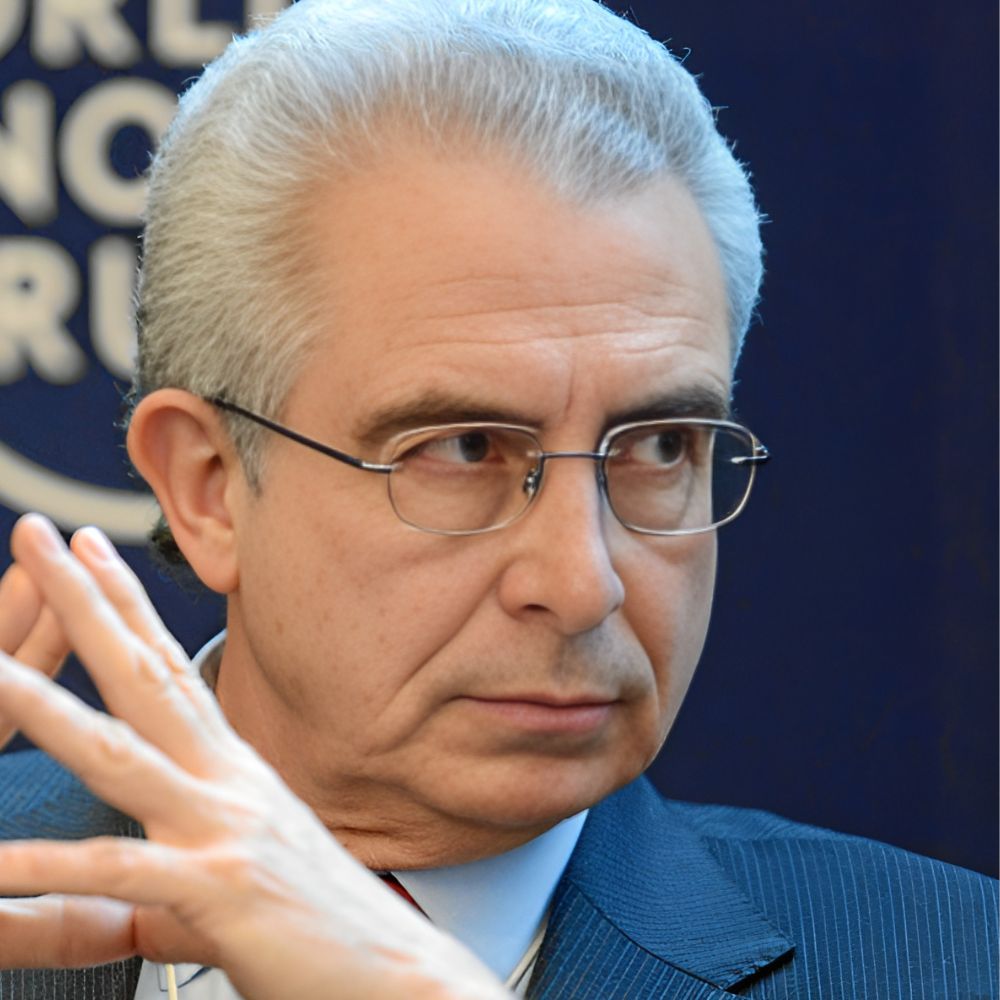
Ernesto Zedillo
President of Mexico from 1994 to 2000 – Mexico
Ernesto Zedillo served as President of Mexico from 1994 to 2000. He currently serves as the Chairman of the Board of the Natural Resource Governance Institute, the 21st Century Advisory Council of the Berggruen Institute on Governance, and Co-Chair of the Inter-American Dialogue.
He serves on the Global Commission on Drug Policy and is a member of The Elders. His is also the Frederick Iseman ’74 Director of the Yale Center for the Study of Globalization, Professor in the Field of International Economics and Politics, Professor of International and Area Studies, and Professor Adjunct of Forestry and Environmental Studies at Yale University. Before becoming president he held various offices in the government of Mexico, including Secretary of Education.
He has served on numerous international panels and commissions including as Vice Chair of the Global Commission on Elections, Democracy and Security, Chair of the Global Development Network, the International Commission on Nuclear Non-proliferation and Disarmament, co-chair of the Partnership of the Americas Commission, and co-chair of the Commission on Drugs and Democracy.
He advises and serves on the boards of various organizations, is an accomplished author, and holds a number of honorary degrees and honours.
News
Advisory Commission on Rakhine State
Publications + Media
Kofi Annan for the Road Safety and Urban Mobility Regional Workshop
Before his death on 18 August 2018, Kofi Annan had agreed to speak at the annual Road Safety and Urban Mobility Regional Workshop in Accra, Ghana, scheduled for 20-21 August 2018. Though Mr. Annan is no longer with us, his message remains as important and relevant as ever. What follows are the remarks Kofi Annan […]
Advisory Commission on Rakhine State: Lessons Learned Report
Download your copy here In 2016, the Kofi Annan Foundation and the Government of Myanmar espoused an innovative method to help pave the way for a brighter future for the country’s troubled Rakhine State: The formation of the Advisory Commission on Rakhine State. After one year of consultations held across Rakhine State and in other […]
Statement by Kofi Annan and Gro Harlem Brundtland on the Dissolution of Eta
Today, Kofi Annan, Chair of the Kofi Annan Foundation and former United Nations Secretary-General, and Gro Harlem Brundtland, former Prime Minister of Norway and Deputy Chair of the Elders, issued a statement welcoming the announcement that the Basque separatist group Eta has ceased to exist as an armed political organisation. Kofi Annan said: “This announcement […]
Contact us
Partner with us for an ongoing or future project.


